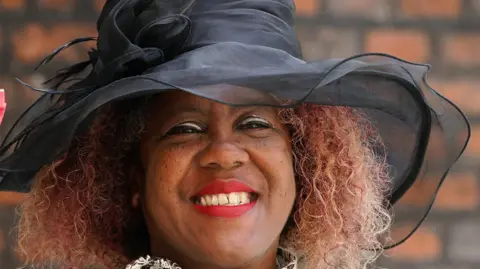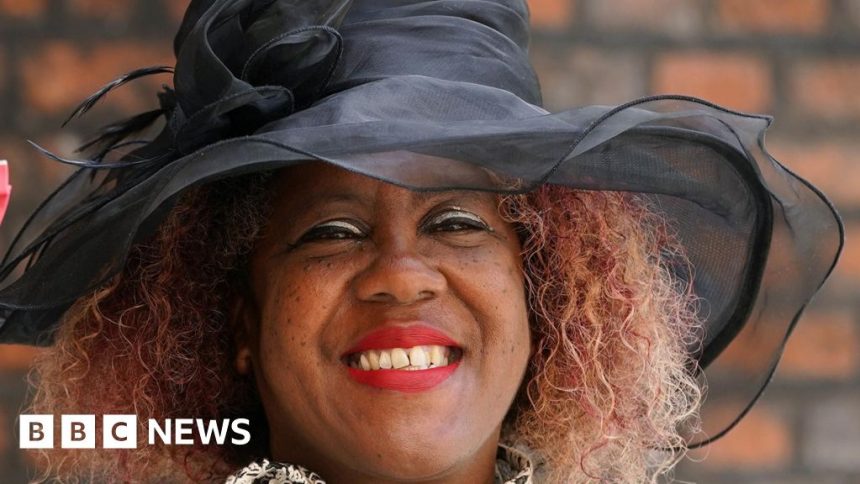Errollyn Wallen made Master of the King’s Music
 PA Media
PA MediaCelebrated composer and singer-songwriter Errollyn Wallen has been appointed Master of the King’s Music by King Charles.
The Belize-born British musician composed music for the London 2012 Paralympic Games and was the first black woman to have a work featured in the Proms.
“I am thrilled to accept this royal appointment,” she said.
The role was created in the reign of King Charles I, granted by the sovereign to a musician who adds to the musical life of the UK and the Commonwealth.
There are no set duties in the honorary role, but the Master will often compose pieces for special royal occasions such as coronations and royal weddings.
Wallen was previously commissioned to compose pieces marking the Golden and Diamond Jubilees of Charles’s mother, Queen Elizabeth II.
She succeeds Dame Judith Weir, the first woman to hold the role, who was chosen by Queen Elizabeth II in July 2014.
In recent years the role has a fixed term of 10 years, and is comparable to the position of poet laureate.
Ms Wallen described the role as “a privilege and a great honour”.
“I look forward to championing music and music-making for all,” she said.
Born in Belize, she was two when her family moved to London, studying music and composition at Goldsmiths, King’s College London and King’s College, Cambridge.
In 2007 she was made an MBE by Charles, then the Prince of Wales and subsequently a CBE by the Princess Royal in 2021, for her services to music.
Last year, she ranked among the top 20 most performed living classical composers and was the first woman to receive an Ivor Novello Award for classical music.
In July, she told BBC Radio 4’s Desert Island Discs she had received hundreds of “very abusive” messages after creating a new version of Jerusalem, a hymn played every year at the Proms.
“The work is dedicated to the Windrush generation and also the fact that it’s little understood that in the colonies, de facto, we live with the music of England,” she said at the time.
“And so in Belize, all these hymns are our hymns, and so I’ve also put a little, added an extra sentence, mentioned that we Commonwealth people, we sing with you.”








